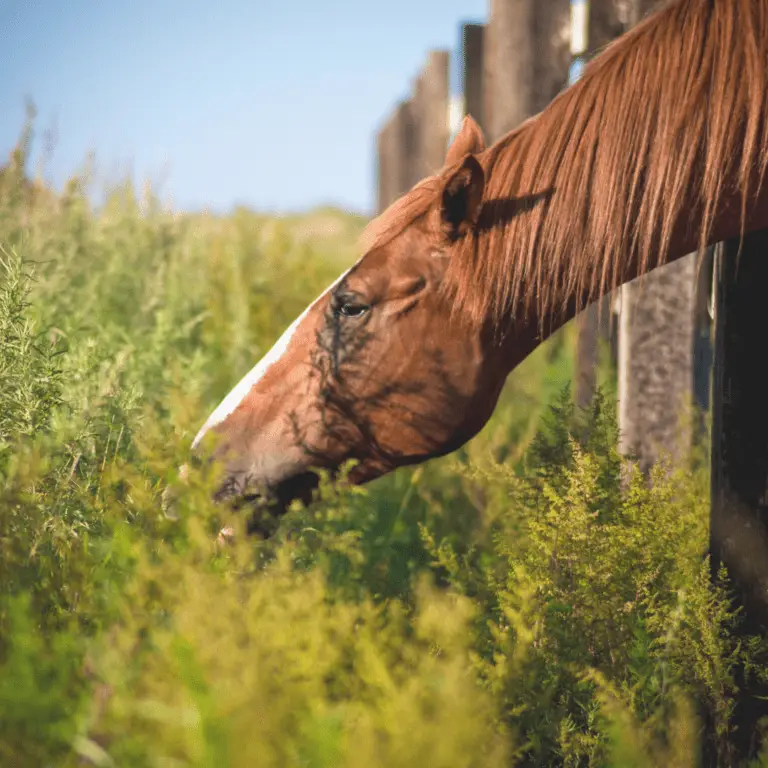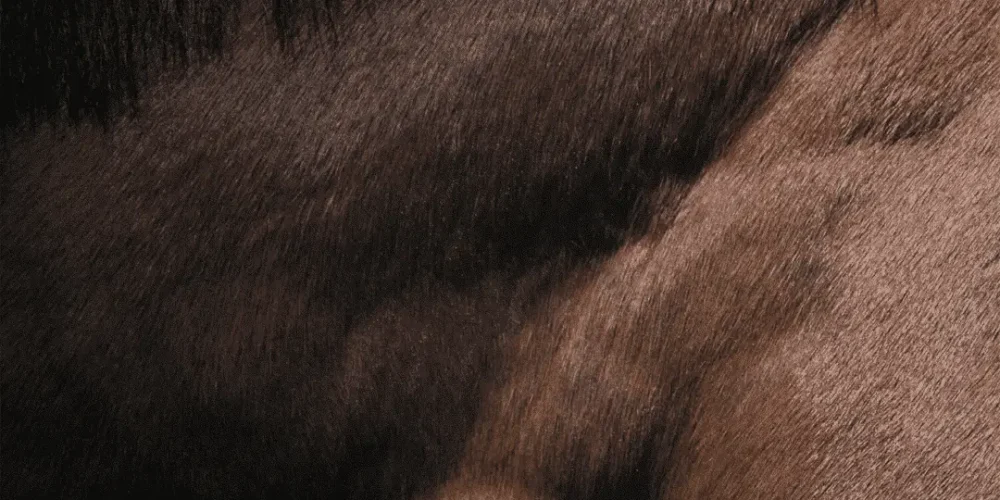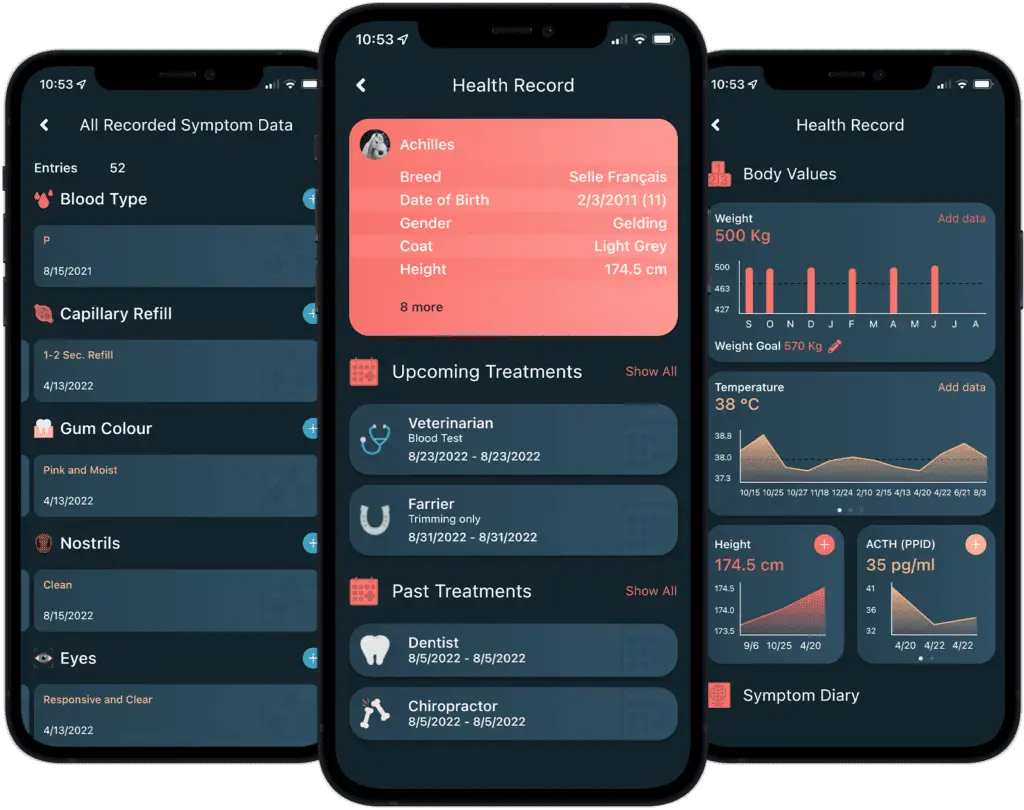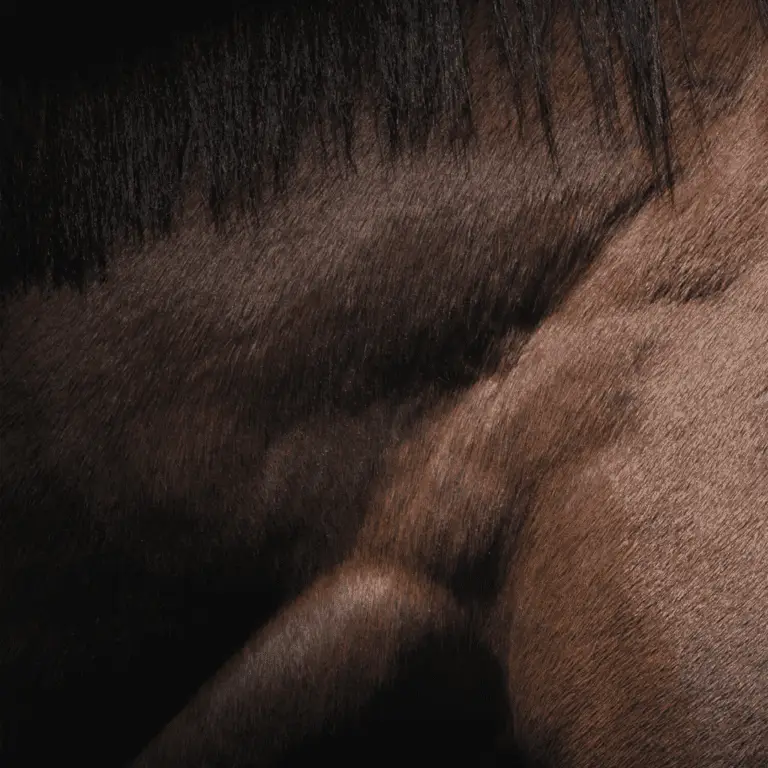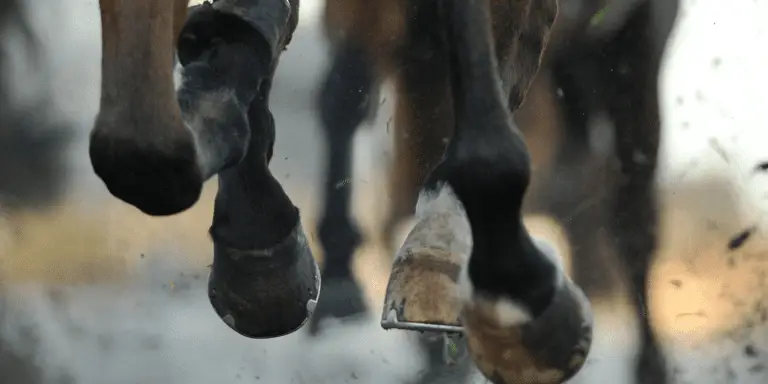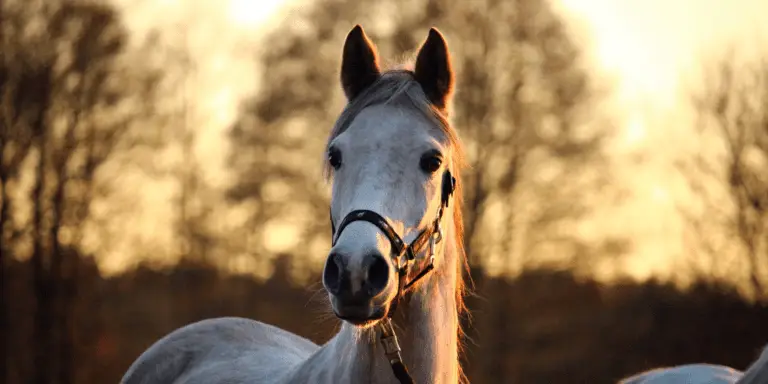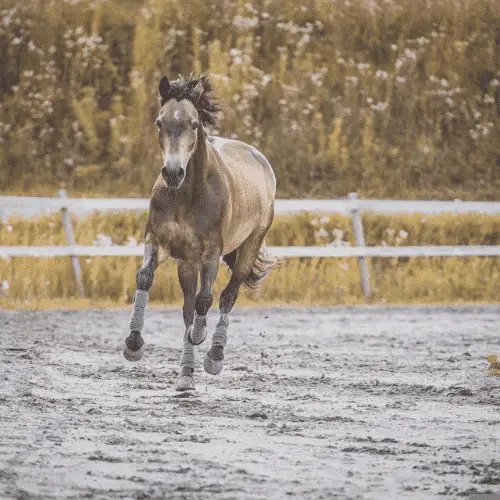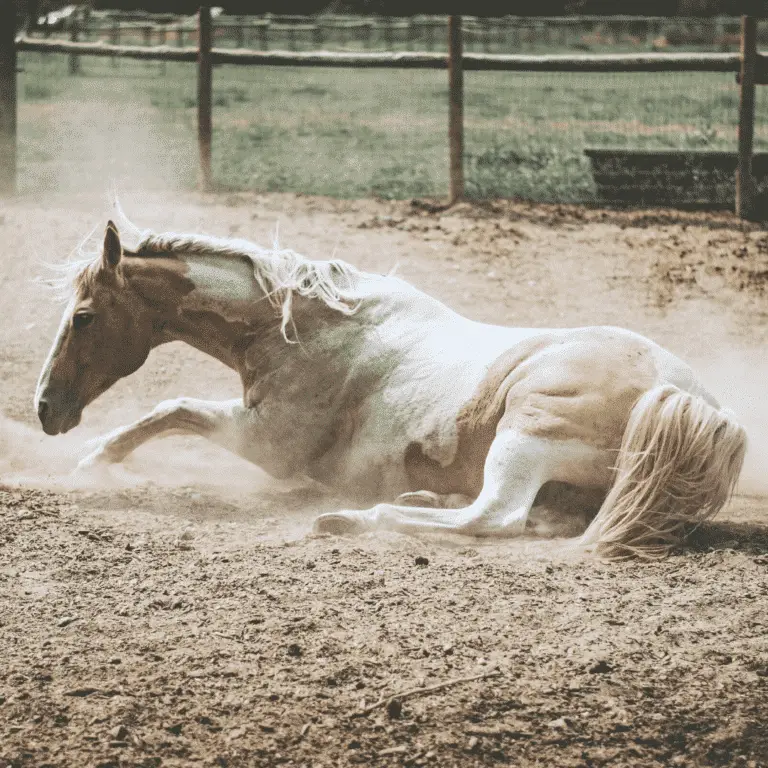By feeding correctly, we can help horses a little. For changing a horse’s coat, its body needs a lot of energy. The need for trace elements such as zinc, copper and selenium also increases. If the horse lacks these substances, the coat change happens, but the immune system weakens. This explains why many horses are more susceptible to infections, such as respiratory diseases, during the coat change.
In general, oils, preferably cold-pressed and with unsaturated fatty acids, have a positive effect on skin and coat. Milk thistle and linseed oil have a particularly targeted and effective result. These oils can be fed with 20 ml on 100 kg of the horse’s body weight per day. But be careful! Too much might damage the horse’s sensitive intestines!
In addition, healthy horses can also regularly get fruits and vegetables such as carrot or beet, as they contain important vitamins.
A balanced feed with adapted contents of vitamins, minerals and trace elements ensures vitality and is the best basis for an easy coat change.
However, if you are unsure what your horse really needs, an individual feed consultation by a licensed professional or a vet can help. In addition, a blood test can provide information on whether there is a deficiency already.
